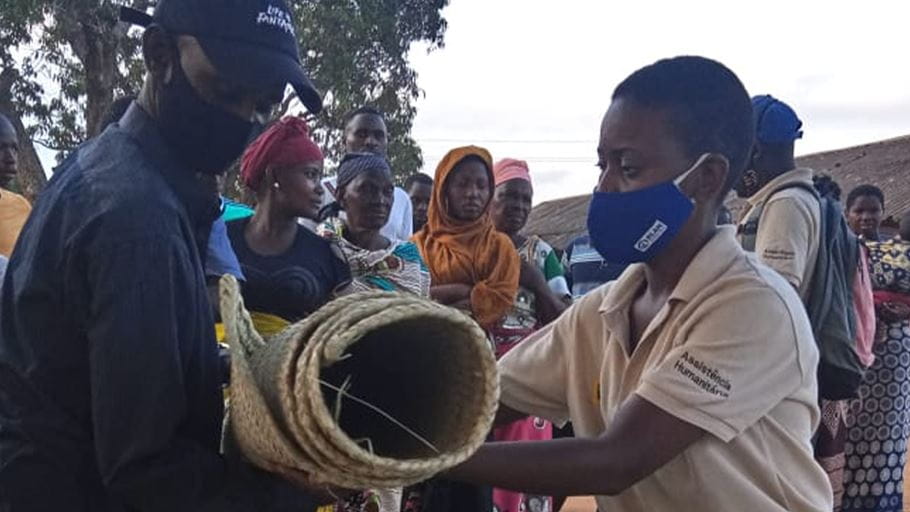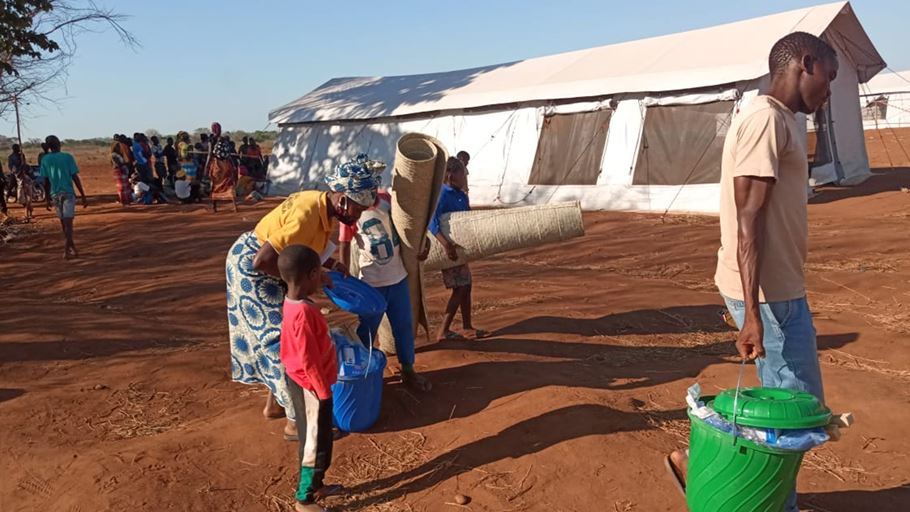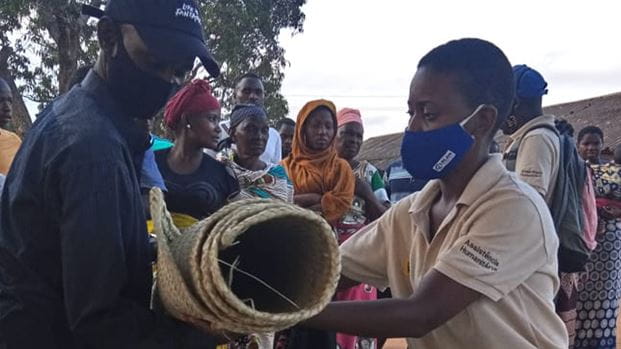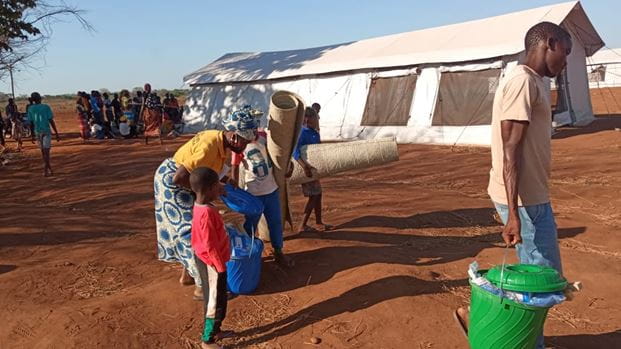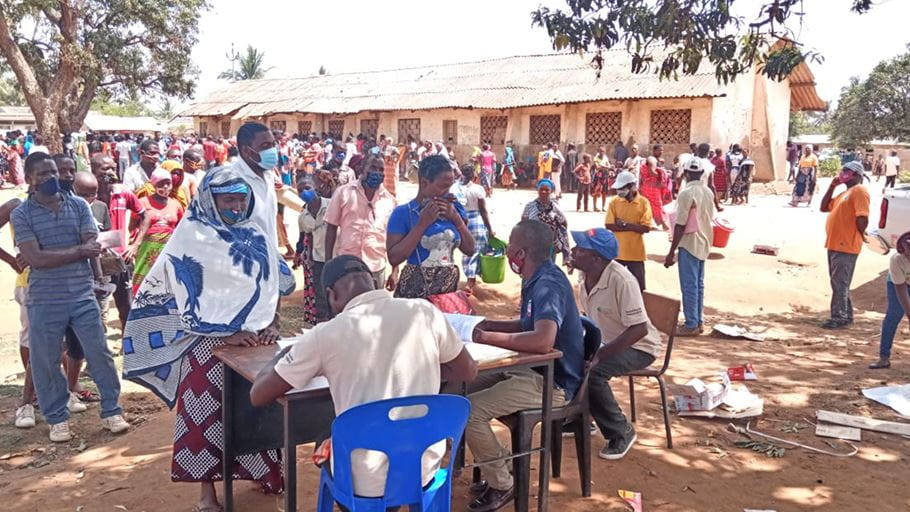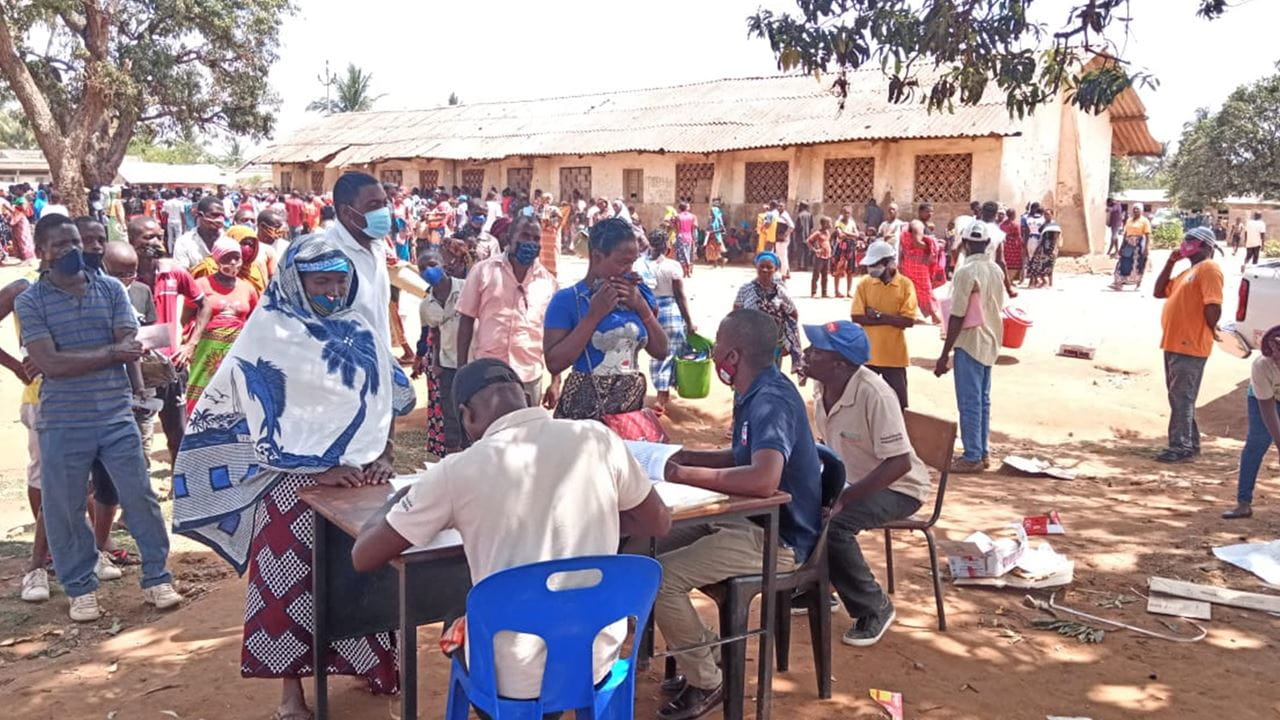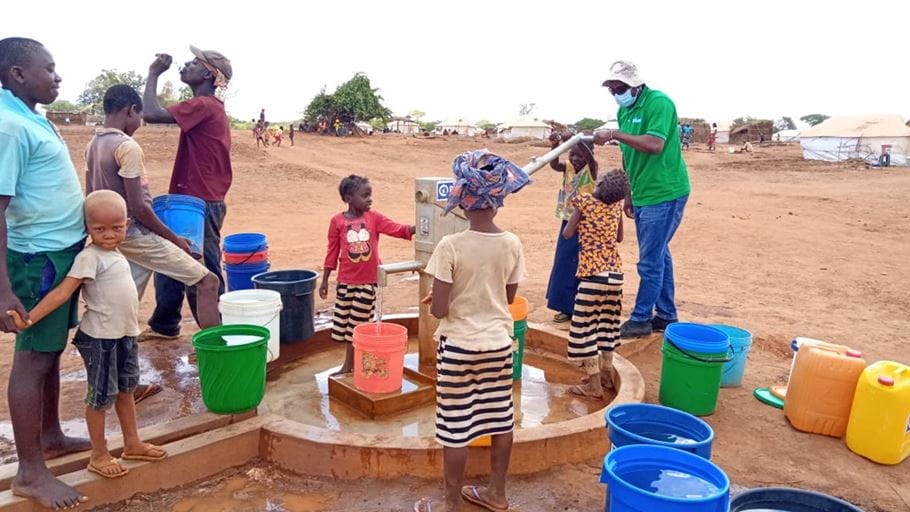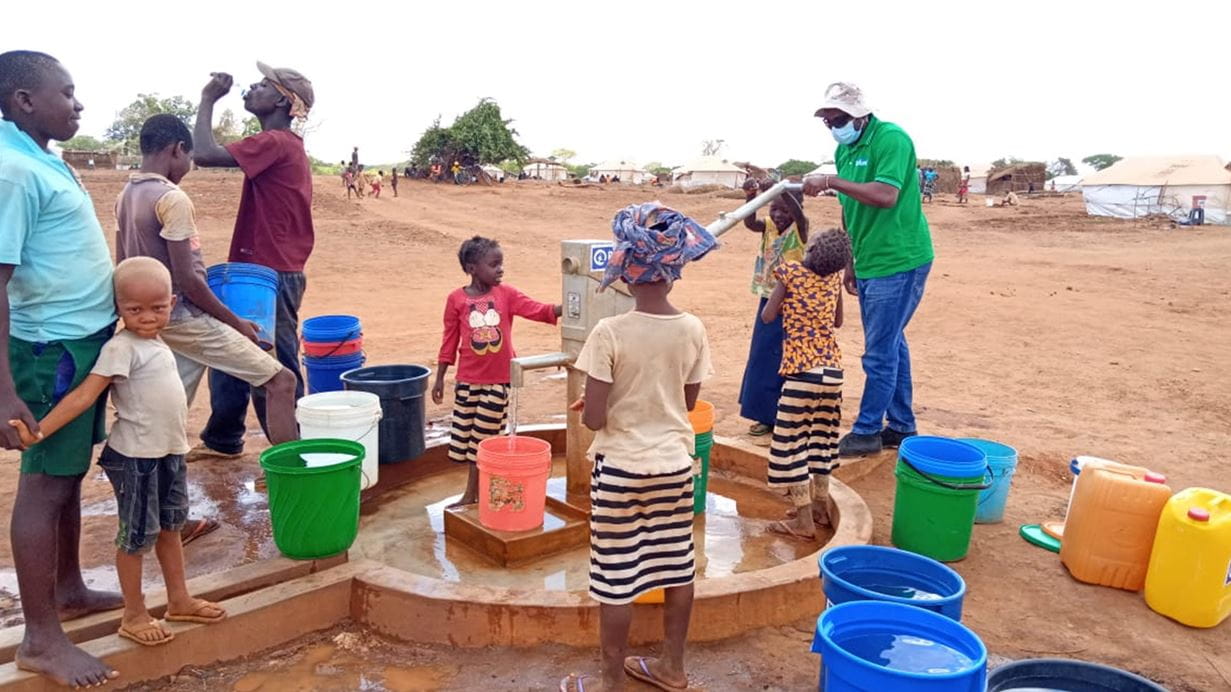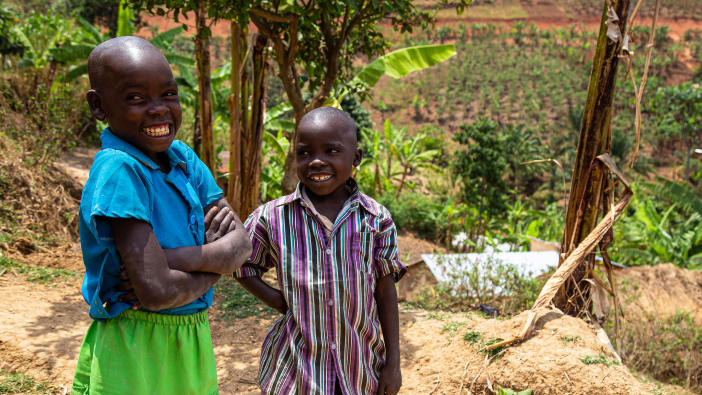The conflict in northern Mozambique has now been going on for three years. But last year, the situation got even worse. Here’s everything you need to know about the crisis and, crucially, how you can be praying.
The first attack happened in the province of Cabo Delgado in 2017 by an armed group that locals call ‘Al-shabaab’, which has ties to the Islamic State. Since then, the group has carried out more than 600 attacks in this location. They have taken over a strategic port and burned dozens of villages in the oil and ruby-rich district.
The group has become increasingly violent. They are calling for Sharia law across the country, and have created training camps to fight against government forces.
Leaving a trail of human- rights abuses, Al-shabaab are accused of frequent kidnappings, beheadings, human trafficking and violence against children in the towns they are claiming. This has led to more than 2,000 people losing their lives and hundreds of thousands of people forced to flee their homes. Most of these people fled in recent months, as attacks have begun to escalate.
‘The situation in Cabo Delgado is very bad right now as increasing numbers of villagers are being forced to leave their homes and abandon their crops and jobs to seek shelter in refugee camps,’ says Edgar Jone, who leads Tearfund’s work in Mozambique.
What Tearfund is doing
Tearfund has been supporting those who have fled the violence through our work in camps in the south of Cabo Delgado and its neighbouring districts. Through our local partners we have distributed tents, water and sanitation kits, blankets, mosquito nets, torches and sanitary pads.
We are also providing families with food kits, which contain farming tools and seeds. These allow people to grow their own food and not rely solely on aid.
In situations like this, where people have lost a sense of normality, as well as everything they knew, kits like these help restore dignity and give a sense of empowerment and ownership. People are able to grow and support their own families through this.
But the increase in violence means supplies are running low.
‘Though we have been able to meet the immediate needs of people who are arriving at the camps, more has to be done to be able to meet the increasing numbers,’ shares Edgar.
‘The situation is getting desperate as we have new arrivals each day and we have already run out of resources to meet their needs.’







